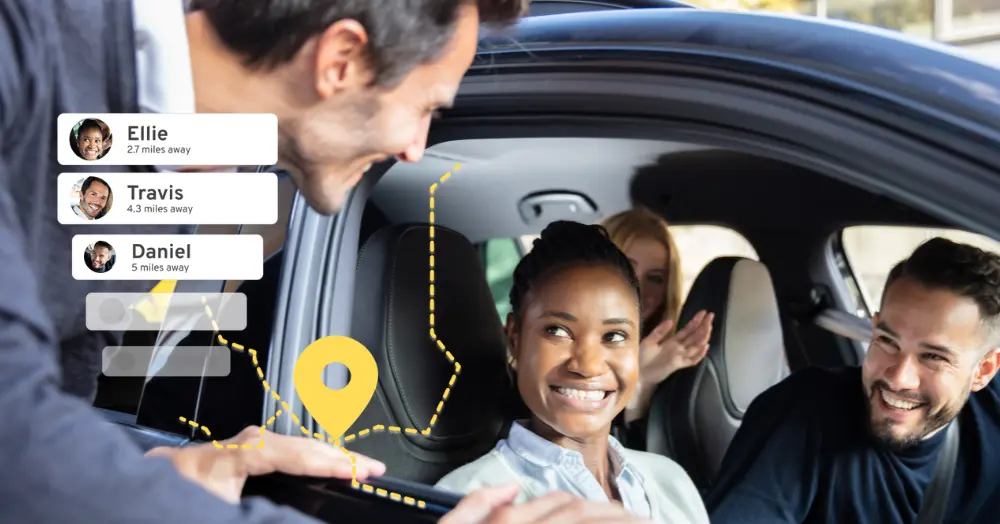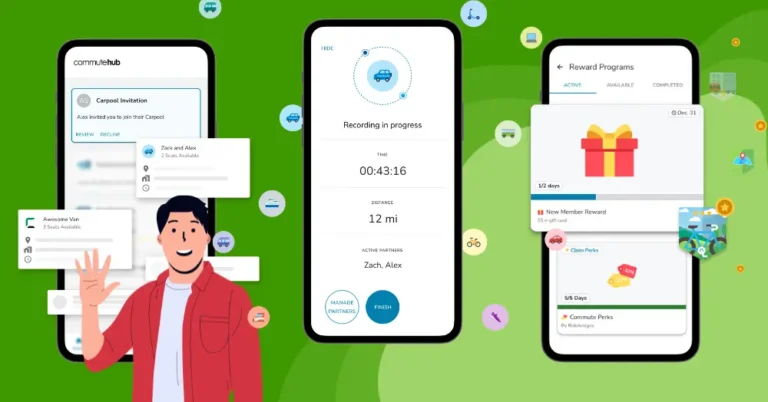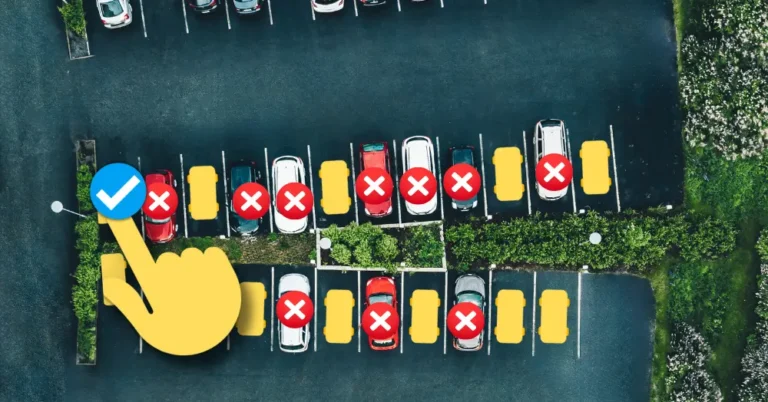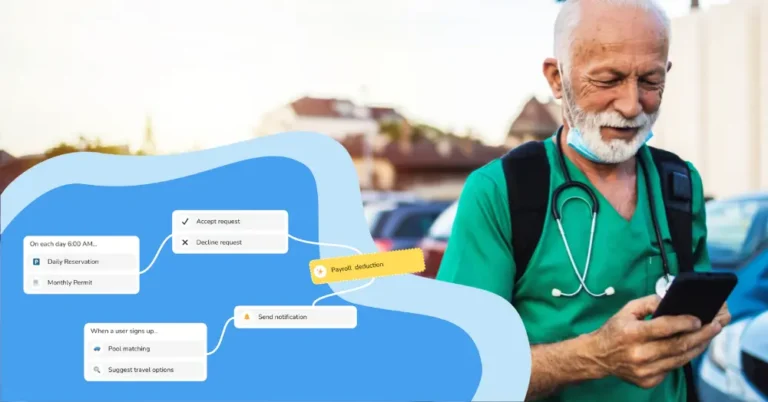According to the world’s largest climate survey, 80 % of people globally want their governments to take stronger climate action, and over half think about it daily or weekly. But many businesses and individuals might be focusing on the wrong things.
The Great Climate Action Misunderstanding
A study published in PNAS Nexus found that nearly 4,000 people systematically overestimate the impact of everyday behaviours such as recycling, while underestimating the effect of transportation-based interventions. We dutifully sort our plastics – but ignore solutions that could reduce emissions three to four times as much.
What Actually Works: The Rankings
The World Resources Institute (WRI) analysed behaviour changes across energy, transport and food to determine their actual CO₂ reduction potential. Their findings show:
- Living car-free: 2.1 tons CO₂e/year
- Avoiding long-haul flights: 1.27 tons CO₂e/year
- Shifting to sustainable ground travel (EVs, biking, public transit: 0.88-1.12 tons CO₂e/year
- Going vegetarian: 0.52 tons CO₂e/year
- Regular carpooling/car-sharing: 0.45 tons CO₂e/year
Transportation accounts for three of the top six highest-impact behaviours — and recycling only reduces about 0.03 tons CO₂e/year. Imagine the substantial difference corporate carpooling, compared to recycling, can make in an organization’s annual impact per employee.
Why Carpooling Holds the Key
Transportation makes up around 28 % of U.S. greenhouse gas emissions, personal vehicles about 60 % of that. A solo commuter emits roughly 4.6 metric tons CO₂e annually from driving. When a vehicle carries three passengers instead of one, per-capita emissions drop by ~66 %.
The Car-Free Ideal & Why It’s Unachievable for Many
While living completely car-free is the most one can do, many employees face constraints: limited public transit access (less than half of U.S. workers have decent transit options), rural/suburban commute dependencies, commuting for caregiving or shift work.
That’s exactly why corporate carpooling — when enabled via corporate carpooling software — becomes the viable middle ground: significantly impactful, operationally feasible, and scalable.
Individual Action + Systemic Support = Impact
Research found that interventions intended to shift people toward climate-friendly behaviors achieve only 10% of their potential emissions impact without systemic support. The remaining 90% is reliant on broader changes that make individual actions attainable.
Translation: We need BOTH personal choices AND system-level support.
What Makes Corporate Carpooling Software Work
Traditional carpooling is hard to implement: scheduling, matching, backup options, tracking, and incentive design. Behavioral science calls this the “behavioral plasticity” problem — people adopt what seems feasible and easy.
So what do high-impact programs include?
- Algorithmic route-matching (to make carpooling as simple as solo driving)
- Flexible scheduling and backup rides
- Incentives and cost sharing
- Social features (challenges, gamification) that normalise shared rides
These features are typically found in corporate carpooling software and enterprise commute-management platforms like CommuteHub.
Turn Commuting into Strategic Climate Action
Organizations don’t need to wait for outdated transit infrastructure to catch up. They already possess the most powerful lever for change: their own employee base. By adopting corporate carpooling software like CommuteHub by RideAmigos. CommuteHub moves beyond basic carpool matching to provide a full Transportation Demand Management (TDM) solution, delivering data-driven impact through four key pillars:
- Seamless Mobility & Optimization. Intelligent Routing: Leverage dynamic matching of riders and routes.
- Motivation & Engagement. Automated Rewards: Deploy powerful incentive and rewards automation, gamified challenges, and flexible subsidy programs that encourage behavior change.
- Infrastructure & Parking Management. Demand Reduction: Integrate parking and commute-benefit features, including occupancy analytics and cash-out options, specifically designed to reduce single-occupancy vehicle (SOV) driving.
- Impact & Reporting. Data-Driven Decisions: Access verified trip data, analytics dashboards, and automated emissions tracking and reporting to validate business sustainability metrics.
The Bottom Line: CommuteHub is more than ridematching. It’s a comprehensive TDM and parking management solution designed for measurable, data-driven impact across your entire organization.
For organizations, adopting a corporate carpooling software solution is more than a commuter benefit — it is a climate strategy, a cost-management tool, an employee-engagement driver and a sustainability metric.





